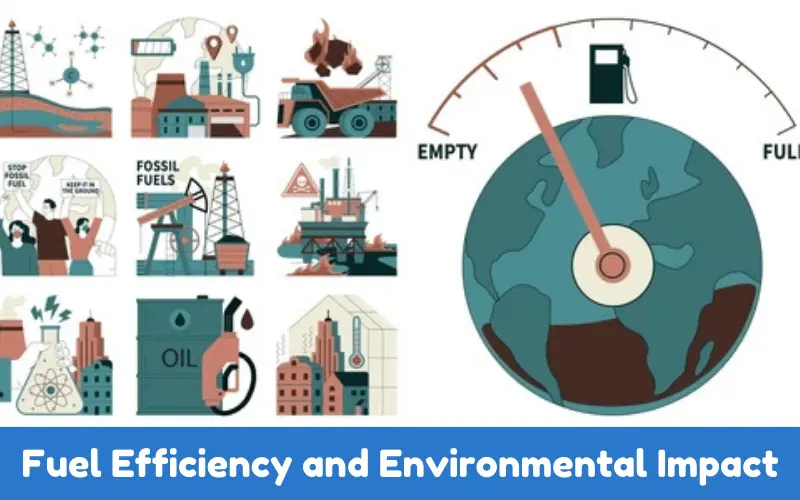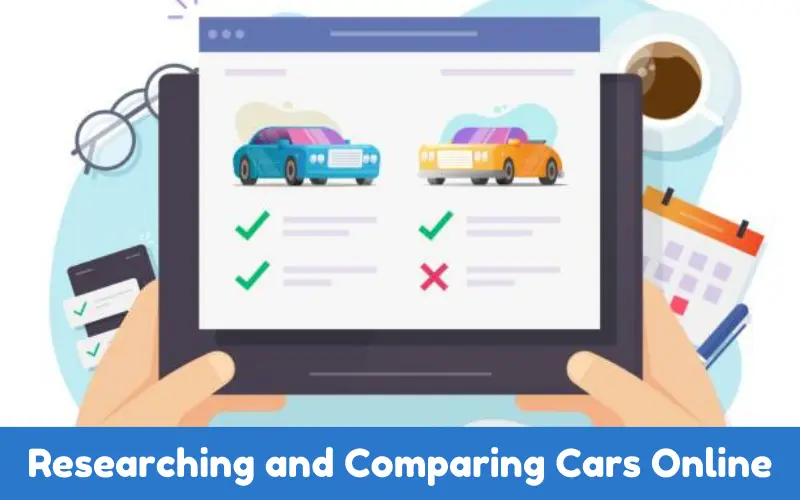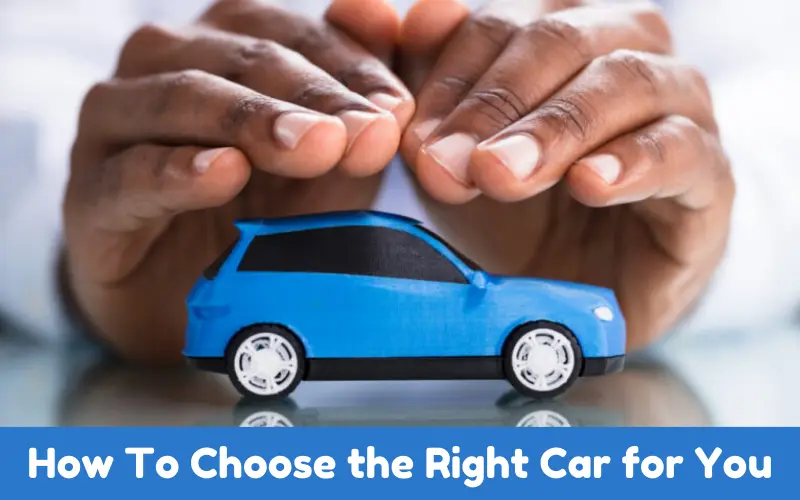It’s a daunting task to choose the right car. Whether you’ve bought a car before or this is your first venture into the wide world of car purchasing, it’s a big decision.
It involves lots of detailed thought, even if you only indulge in one factor: a car that looks good to you is a car that ticks off all the other needs and criteria: the right price, the right specifications, the right location, and so on.
It also represents where and when you’re likely to be buying. Here’s a guide to help you:
Article Summary
Assessing Your Lifestyle Needs
The first thing you need to do is to figure out how the car will fit into your daily life. Imagine what your routine and driving habits are.
If you’re commuting to work every day in a busy city, you may want a compact, fuel efficient car.
However, if you do indeed have a large family, then you might be best served by an SUV or a minivan to house everyone comfortably.
Then think, do you need the car for specific purposes, like outdoor adventures, towing, or long road trips?
An example is if you are a fan of weekend trips to the rugged mountains, you may require a vehicle like 4×4 to have the off road capabilities. The car you choose should not make your life more difficult but should support it.
Setting a Realistic Budget To Choose the Right Car
Increasing the financial envelope for the latest model or the one that sizzles is easy, but you have to stick to a realistic financial limit.
Look at the total sum represented by the price of the car, including the down payment and the monthly (financed) installments if you bring debt, insurance, fuel, and maintenance.

In this way, you will see the ‘whole enchilada,’ as they say, rather than just how much you gave to the dealer.
Another question you should ask yourself besides cost, which is probably foremost in your mind right now, is how long will you be prancing around in this baby?
Some people like to trade after a year or two. Others like a solid chunk of time, a good decade or more.
And if you fall into the latter camp, that might be a valid argument for investing a little more now to get some quality and longevity out of it down the road.
Fuel Efficiency and Environmental Impact
Because of the rising cost of fuels and the rising importance of environmental impacts, overall fuel economy is an important factor when we choose a car.
Despite this, hybrids and electric cars (EVs) are becoming more popular. EVs can be a viable option instead of traditional cars that depend on gas, which affects the environment in many ways.

In the long run, these vehicles not only cut emissions but also help us save on fuel. However, the fuel economy is also influenced by the type and extent of your driving. A hybrid might not be such a smart buy if you live on the interstate.
Look for the vehicle that fits your budget and your environmental goals most closely by comparing the fuel economy ratings of the vehicles you are considering, and then evaluate how they play out against your normal routes.
Safety Features You Shouldn’t Ignore
A good car should be one that’s safe. This all said, many vehicles these days are equipped with advanced safety features that could protect you and your family on the road with the use of modern technology.
Automatic emergency braking, lane keeping assistance, and blind spot monitoring can all be a big help in avoiding accidents.
Organizations such as the National Highway Traffic Safety Administration (NHTSA) or Insurance Institute for Highway Safety (IIHS) are not to be ignored when Crash-Test ratings form.
The vehicle with a higher safety rating has better structural integrity and better safety technologies that can help reduce the injury in case of a crash.
Considering Long-Term Ownership Costs
The sticker price is not the true cost of a car. When deciding a vehicle, all long term ownership costs must be considered including maintenance, repairs, insurance and depreciation.
Expensive parts or infrequent servicing needs may make some cars higher maintenance cost cars, while others are known for their reliability and low maintenance costs.
Also, think about how make and model affect insurance premiums. Insurance on high performance or luxury cars tends to be higher.
Cars that depreciate fast, too, can easily drop in value and when it’s time to sell or trade in the car, you’ll get much less in return.
Researching and Comparing Cars Online
Thanks to the internet, it’s now very easy to learn about cars and to compare the features of different models.
Today, you can find a lot of websites offering car reviews, specifications and pricing details which help you to compare and contrast these cars in a precise sense.
So if you do your research well, you can learn which cars will give you the best value for your money, and meet your criteria.
Aside from expert ratings, it’s a good idea to look at user reviews since they provide real world feedback about how the car drives and is reliable.

If you’re searching for cars in different parts of the world or even in different countries, accessing region specific listings can help you get a wider view of the market.
A VPN can actually come in handy in this regard, as it helps one bypass the geolocation and get information which would otherwise be impossible to get.
Also, learning how to download a VPN can help with security as well as getting deals from other locations. This extra step will give you better pricing and more options than you would have thought of first.
New vs. Used: Which Is the Better Option?
One of the biggest decisions in your car buying journey is whether you should buy new or used.
New cars might even have the newest technology, newest safety features, and a warranty, but come with a higher price tag, not to mention depreciation as soon as they leave the lot. If you want peace of mind with little wear and tear, a new car might be the best option.
However, buying used or certified pre owned cars help you save money upfront, and most have already depreciated significantly.
But with a used car, you need to check the vehicle’s history, get a thorough inspection and make sure any repairs or problems have been fixed. You’ll have to decide if the cost savings are worth the risk.

